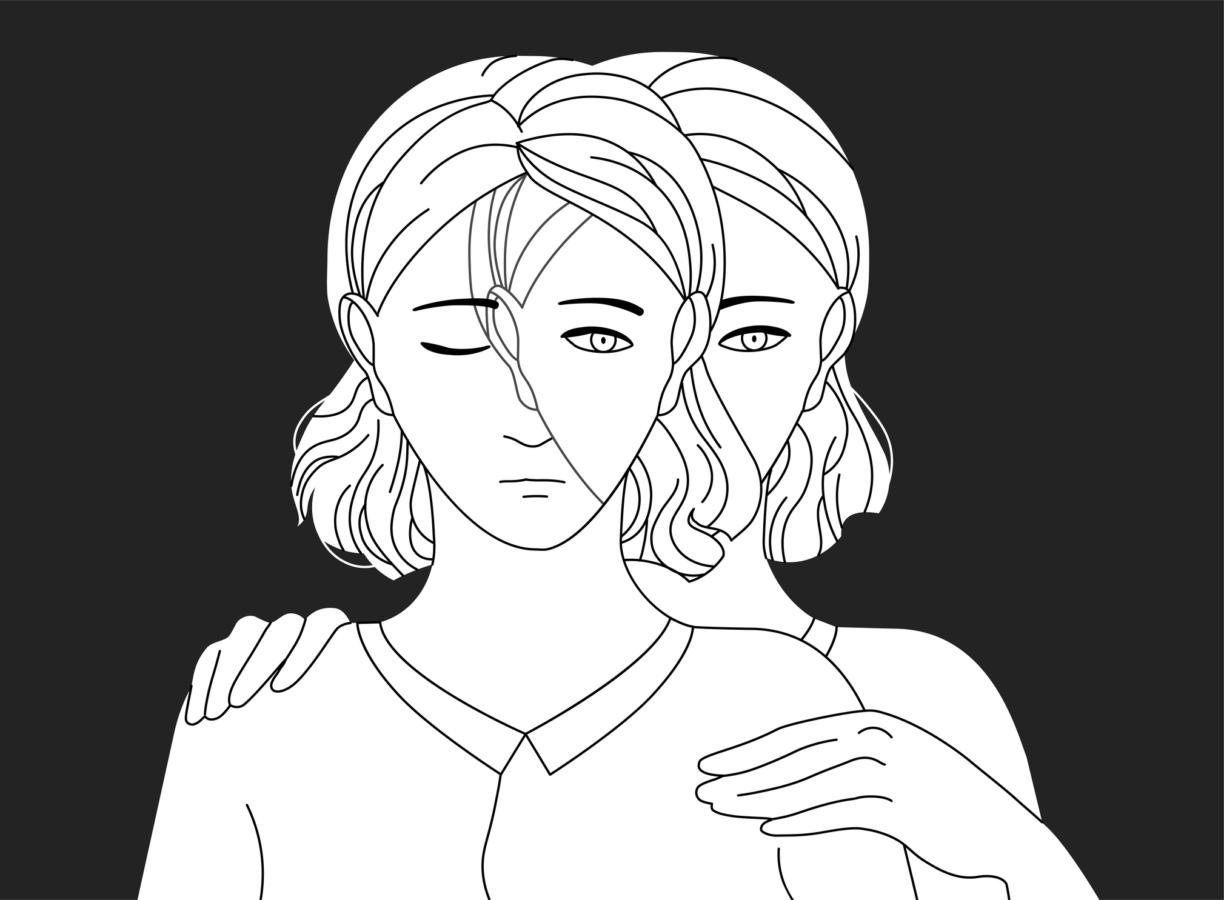When you get the news that your friend’s grandfather has died, of course, you feel upset. You know that the two of them were close, and it’s hard thinking about how devastated your friend must feel right now. You want to help—but have no idea where to start. And you probably feel nervous saying anything at all. Does that make you a bad friend?
Not at all! In fact, it’s completely normal to feel unsure about how to help someone who is grieving—even adults can have a difficult time knowing what to say or do. The truth is, just the fact that you’re dedicating so much thought to the situation shows you really care. As a friend, you’re in a unique and special position to offer support during this tough time. Use this step-by-step guide to help a close friend during a time of need.
Step 1: Start the Conversation
It can feel super-awkward launching into a discussion about someone who has died—especially if you didn’t know the person yourself. But chances are, your friend is going to appreciate you speaking up no matter what you say. Here are a few pointers to make it easier:
- Rather than just saying a generic “I’m sorry for your loss,” mention the name of the person who died or their relationship to your friend, says Lauren Schneider, LCSW, clinical director of child and adolescent programs at Our House. For instance, you can say, “I’m sorry to hear that your grandfather died” or “I’m really sorry to hear about Jim.” Making your words personal can help your friend feel more comfortable opening up.
- At the same time, don’t pretend like you knew the person if you didn’t. Rather than suggesting “I know Jim was a really nice guy” try asking, “Can you tell me a little bit about him? I know how much he meant to you.”
- Let your friend know that you’re there to help—if she wants it. Say, “I want you to know that I’m here for you if you feel like talking or just want to hang out.”
- Avoid clichés like “time heals all wounds.” Even though your words are well-intentioned, these types of phrases can feel hollow to someone going through the grieving process, and may even make your friend feel worse.
- Invite your friend to do something specific with you as a way to take a break from dealing with the grief. For example, say “Do you want to come over after school and stay for dinner?” or “I’m going to see that new movie on Friday if you need a break and want to join me.” There’s often a lot of sadness at home following a death, and your friend may appreciate getting away for a few hours.
Remember that not everyone wants to talk about a loss or grief—and that’s totally fine. If your friend prefers not to talk about it, let it go and move on to another topic. Sometimes, just having a normal conversation can help ease the sadness.
Step 2: Show Your Respect
If you are able to attend the funeral, shiva, or any other events related to the death, you should go, says Alan Wolfelt, Ph.D., founder and director of the Center for Loss and Life Transition. “Your presence speaks volumes. Your friend will always remember who was with them through the process,” says Wolfelt. If you are unable to go, consider sending your friend a card. Even though you’ve said you’re sorry in person, going that extra step is a meaningful gesture that shows your sincerity.
Step 3: Keep Checking In
After your initial conversation, follow up to let your friend know that you’re still available to talk or just hang out. You could also send a “thinking of you” text before bed. Night is often the most difficult time of day for someone who has lost a loved one, so it’s a great opportunity to show your support. “During the day, people have distractions at school, but when they get home, that’s often when they’re reminded how different life is without that family member there,” says Schneider.
On the other hand, don’t be surprised if your friend quickly starts joking around again. “People mourn in doses, and sometimes they need to get away from their sad feelings and act like nothing happened,” says Wolfelt. Even though it’s normal and totally healthy to do this, it doesn’t mean your friend has gotten over the sad feelings. It’s still a good idea to check in every now and then and see how things are going.
Step 4: Look for Red Flags
Grief is a natural process, and people deal with it in different ways. Usually, the sadness gradually lessens, but sometimes grief can lead to depression. Keep an eye out for signs that your friend is having an especially difficult time dealing with the loss, such as not wanting to hang out after school anymore, skipping lunch or other meals, and acting angry about the littlest things. If you’re worried that grief is turning into depression, let a trusted adult (a teacher, rabbi, coach, or parent) know what’s going on. They can suggest a mental health professional that your friend can talk to in order to feel better and move past this difficult time.
Special thanks to our experts: Lauren Schneider, LCSW, clinical director of child and adolescent programs at Our House; Alan Wolfelt, Ph.D., founder and director of the Center for Loss and Life Transition.
shiva
Pronounced: SHI-vuh (short i), Origin: Hebrew, seven days of mourning after a funeral, when the mourner stays at home and observes various rituals.






